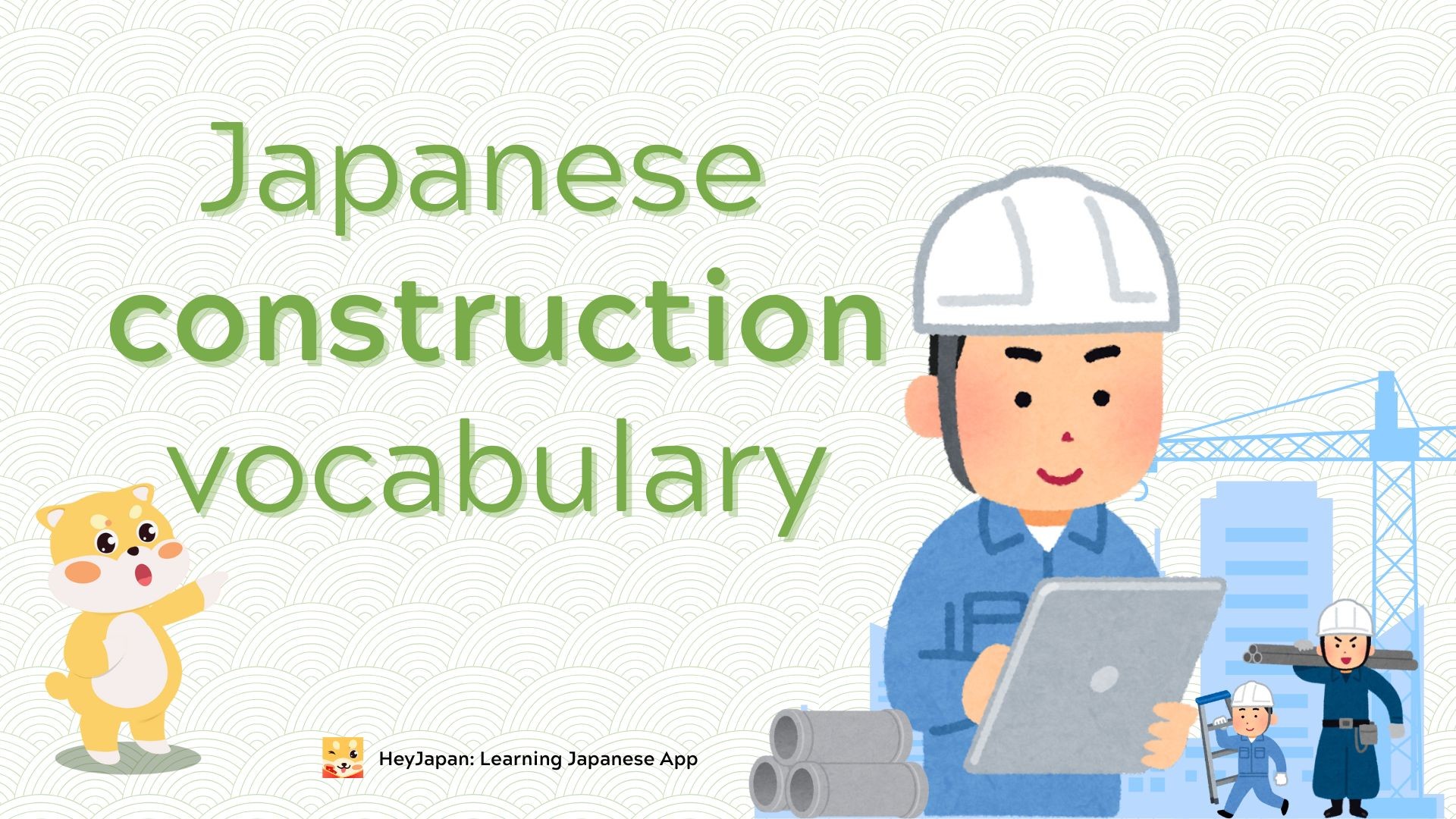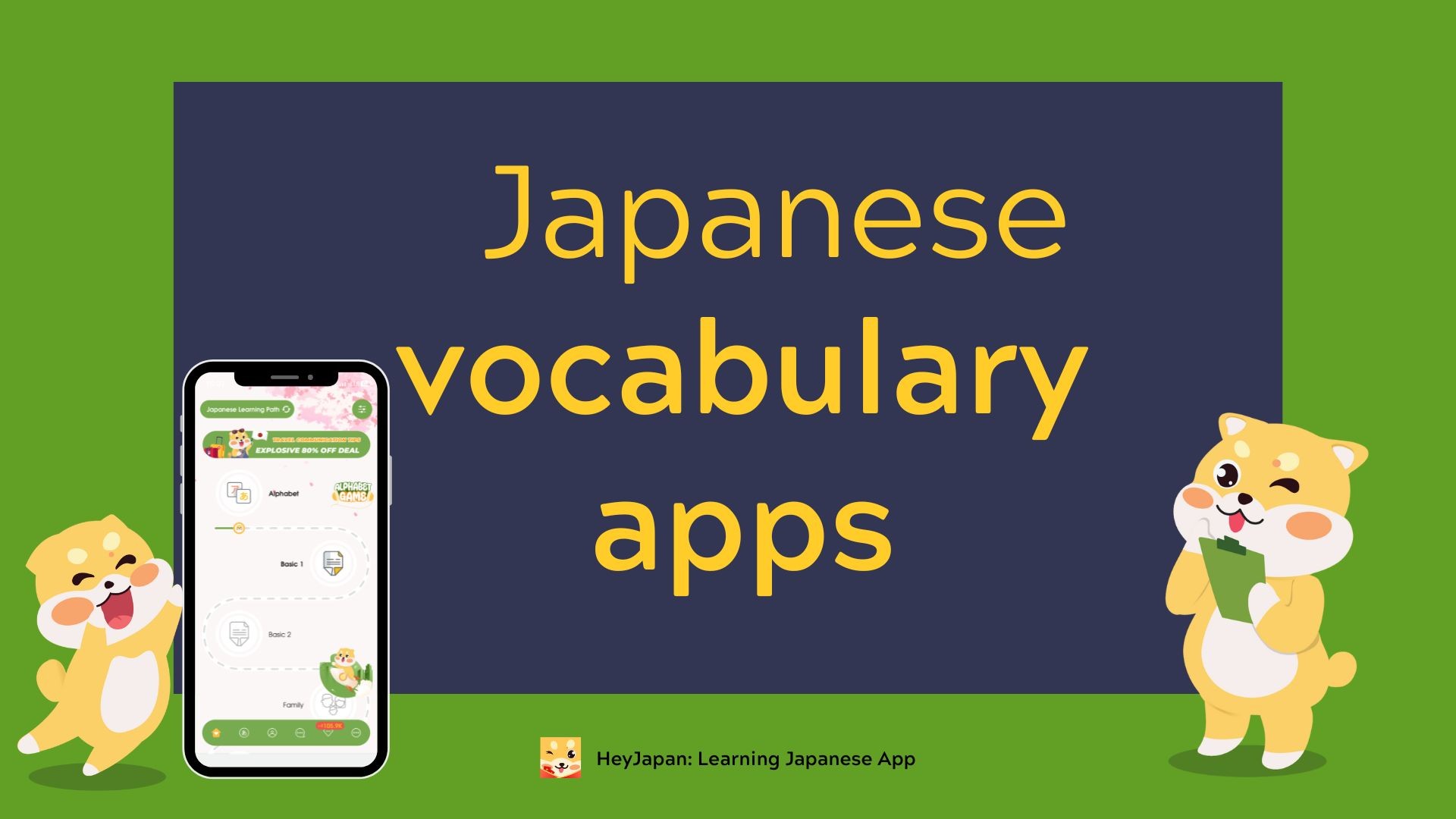- Encapsulate Japanese culture in 5 beautiful Japanese words
- 1, Shinrin-yoku
- 2, Ikigai
- 3. Itadakimasu
- 4, Natsukashii
- CONCLUDE
Learning basic Japanese can offer travelers a unique way to connect with Japanese culture. While each culture has its distinct characteristics, the Japanese language can further highlight this uniqueness. Although learning basic Japanese is often considered challenging due to its extensive vocabulary and grammar, those who dedicate themselves to studying the language will discover its immense appeal.
HeyJapan recommends five Japanese words that will not only capture your fascination with their beauty but also with their rich meanings.
Encapsulate Japanese culture in 5 beautiful Japanese words
1, Shinrin-yoku
Learning basic Japanese is the first step to understanding common Japanese terms such as "Shinrin-yoku" or "forest bathing." "Shinrin-yoku" is a Japanese phrase that is loosely translated to "forest bathing" in English, meaning to immerse oneself in nature and appreciate its stunning beauty.
Forest bathing is not just a leisurely activity, but also a form of therapy and prevention. In Japan, Shinrin-yoku is playing a significant role in treating and preventing diseases. It is also becoming a new form of yoga in Western countries.
Whether you want to practice Shinrin-yoku on your own or join guided tours, it's essential to learn basic Japanese communication skills. This will enable you to communicate with locals and understand their guidance and recommendations during the practice.
Shinrin-yoku is a Japanese word that describes the moment of harmony between humans and nature. Learning basic Japanese for travel can open the doors to understanding and fully embracing the unique aspects of Japanese culture, such as Shinrin-yoku.

Shinrinyoku is the Japanese word that describes the moment of harmony between man and nature
2, Ikigai
Learn About Ikigai: A Key Concept in Japanese Culture and Philosophy
Ikigai is a crucial concept in Japanese culture and philosophy that refers to the reason for one's existence, the purpose of life, or the source of happiness. It brings joy and inspiration to one's daily life.
If you are interested in learning basic Japanese or Japanese for travel, it's important to know that in Japanese philosophy, the search for Ikigai is an essential part of life. While traditional Japanese philosophy focuses on finding happiness, the West has adopted Ikigai as a method for pursuing one's dream career.
To fully understand the depth of Ikigai, one must learn basic Japanese communication skills to be able to engage with locals and immerse themselves in Japanese culture. The pursuit of Ikigai can lead to a fulfilling and meaningful life, and is an integral part of the Japanese way of life.

Ikigai - basic Japanese vocabulary to help you find your ideal life
See more: Top 5 most popular anime to learn Japanese
3. Itadakimasu
Itadakimasu is a basic Japanese term used before starting a meal, which translates to "I humbly receive”. In Japanese culture, Itadakimasu is considered a part of Buddhist philosophy, where every living being on earth carries life and is highly valued. The food we eat - whether it's meat, fish, vegetables - contributes to the creation of the body and nourishment of humans. Therefore, Itadakimasu is not just a basic term in Japanese, but also reflects respect and gratitude for all things and people who have contributed to the meal.
If you're learning basic Japanese, Itadakimasu is definitely an important vocabulary in Japanese culinary culture and can help you have a more complete culinary experience. Additionally, learning basic Japanese for travel will enable you to use Itadakimasu accurately and confidently in your daily life.

Itadakimasu expresses gratitude in Japanese communication for the work of preparing meals
4, Natsukashii
The Japanese word "懐かしい - Natsukashii" is often translated into English as "nostalgic" or "yearning." However, unlike the typical feelings of sadness or regret associated with nostalgia in Western culture, "Natsukashii" in Japan is strongly tied to happy memories and a sense of fondness that brings a smile to one's face.
This phrase is commonly learned when studying basic Japanese, especially when visiting a place filled with memories or talking about something that no longer exists. In particular, when exploring shopping streets or visiting classic cafes with a Showa-era vibe, one can experience a strong sense of "Natsukashii" that adds to the charm and allure of the experience.
Learning basic Japanese for travel can enhance one's ability to appreciate and understand the culture of Japan, including the rich emotional nuances of words like "Natsukashii." Whether you're admiring the beauty of cherry blossoms, savoring a bowl of ramen, or simply taking in the sights and sounds of Tokyo, a basic knowledge of Japanese can make your travel experience all the more meaningful and enjoyable.

Natsukishii describes an impressive memory that reminds us of
See more: Learning about Japanese music: What are Japanese youth listening to?
5, Wabisabi
Wabisabi is a distinctive term in Japan that represents the aesthetics and philosophy of Japanese culture, focusing on accepting impermanence and imperfection. The term is composed of two separate words, Wabi and Sabi. Wabi, written as "侘び," is the search for beauty in stillness, the unusual, and simplicity. Sabi, written as "寂び," is a noun form of the verb "sabu." When combined, they create a complex and multi-dimensional concept.
Wabisabi represents the beauty of loneliness, tranquility, and vagueness, representing a simple and humble nature that seeks beauty in imperfection. At the same time, it also demonstrates the richness of the spiritual aspect of trying to find happiness in one's circumstances. For those interested in Japanese culture and aesthetics, learning basic Japanese, including the term Wabisabi, is essential to fully appreciate and understand the significance of this unique cultural philosophy.

Wabi Sabi - silent beauty lies in the imperfections of nature
CONCLUDE
In summary, the five beautiful Japanese words that HeyJapan has just introduced to you demonstrate the sophistication and richness of Japanese culture. These words are not just vocabulary, but also an expression of philosophy, ideology, and emotions of the Japanese people. They reflect the subtlety, artistry, and respect that the Japanese have for their culture and language. So learning basic Japanese can enhance your travel experience by allowing you to communicate with locals and truly immerse yourself in the culture. Understanding the nuances of the language can help you appreciate the country's traditions and values on a deeper level. So, if you're planning a trip to Japan, make sure to learn basic Japanese for travel and unlock the country's true essence.
We wish you success in learning Japanese!
Additionally, HeyJapan recommends an article that you may be interested in:
Top 5 tips to learn Japanese vocabulary effectively
-----------------------------------
Learn basic Japanese with HeyJapan
iOS: https://apps.apple.com/us/app/heyjapan-learn-basic-japanese/id1576311051
Android: https://play.google.com/store/apps/details?id=com.eup.heyjapan
Group: https://www.facebook.com/groups/learnbasicjapanese









